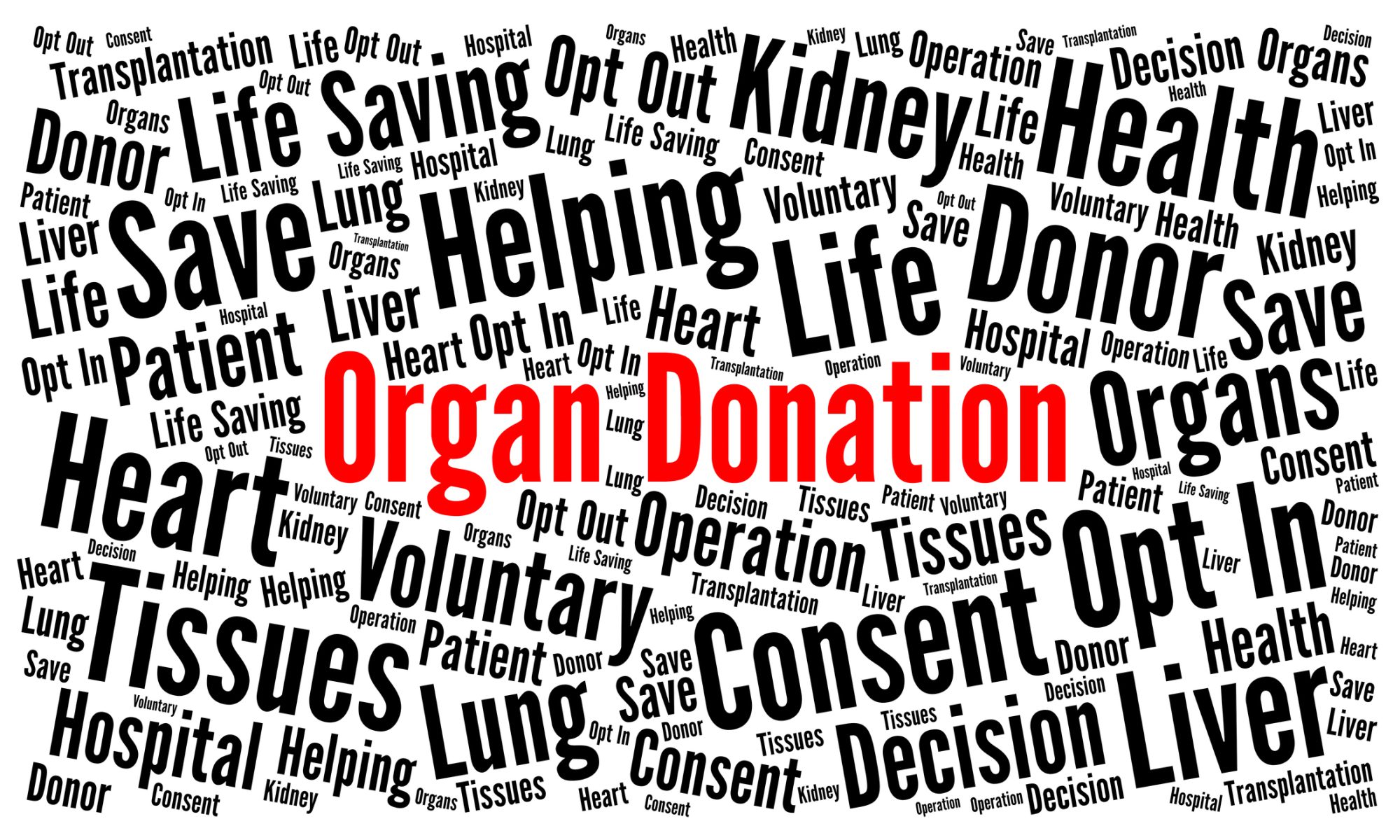There are people like me who want to become kidney donors. If we want to increase that number, we must ease the burden on transplant donors and recipients and help them navigate the donation process.
By Shmuly Yanklowitz
For many years I debated: Should I be an organ donor?
As a faith leader who regularly speaks about the value of life, and as a healthy individual with an interest in organ donation, I was genuinely excited about the possibility to save another person.
Nonetheless, it was a very big decision and one I did not take lightly. Read the full article in USA Today.







